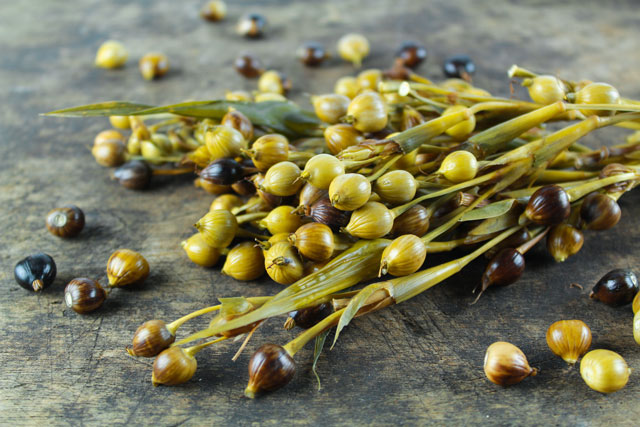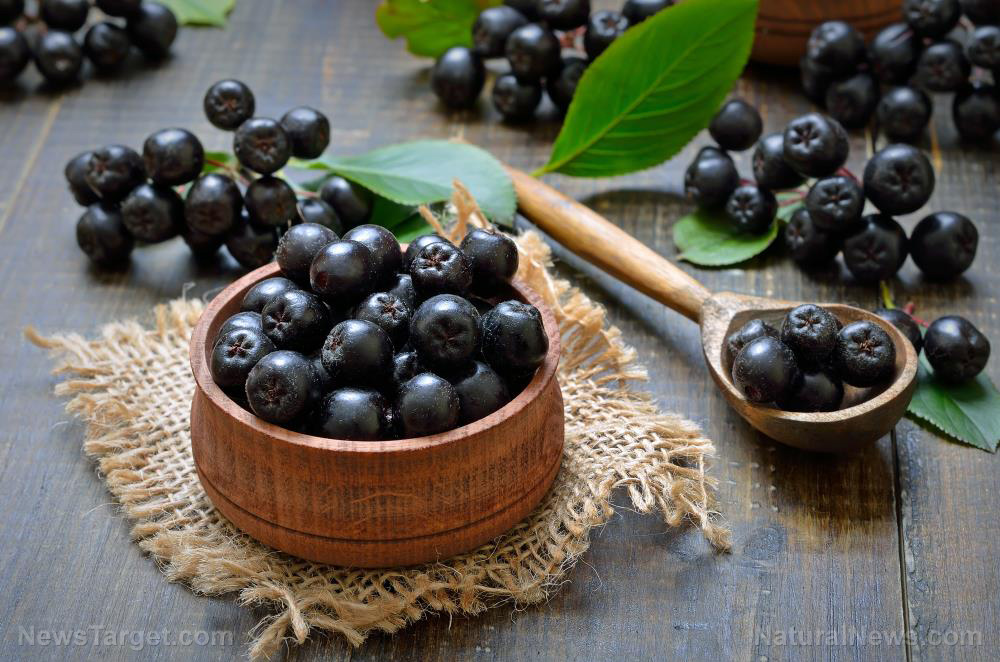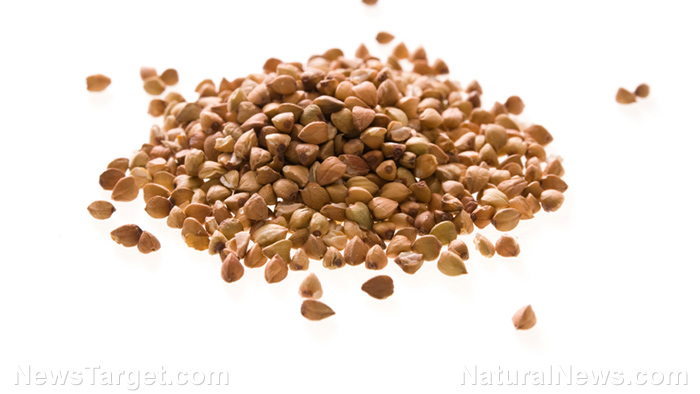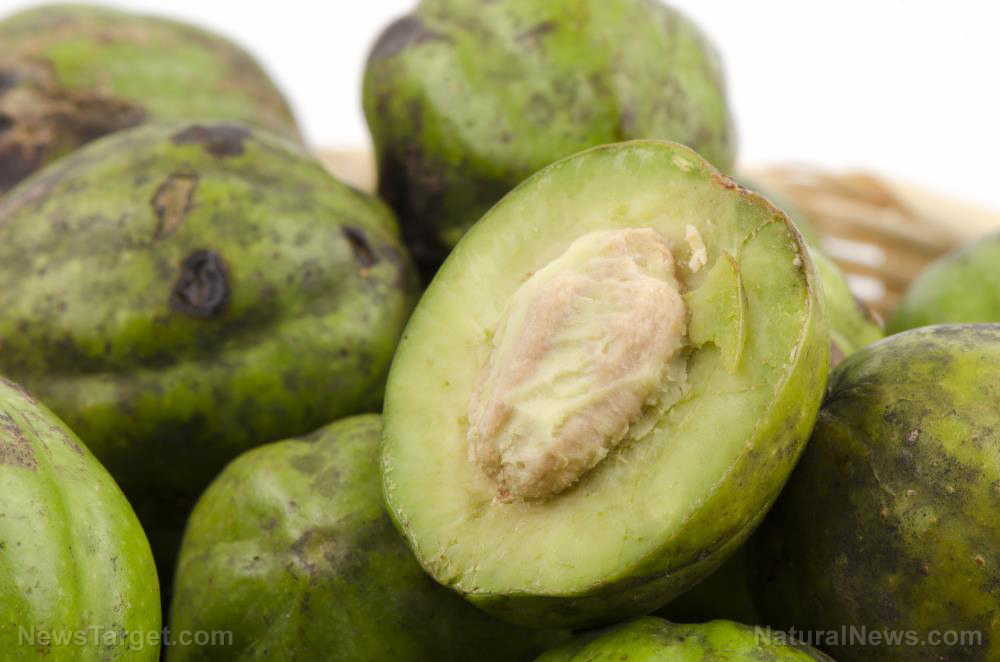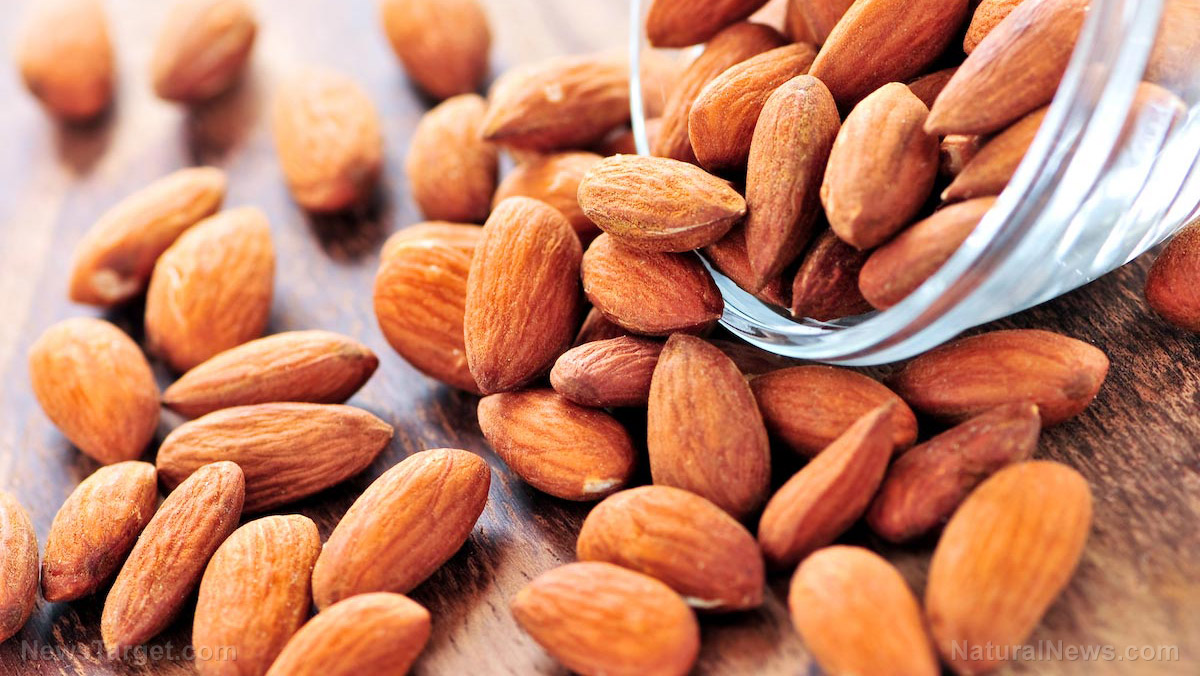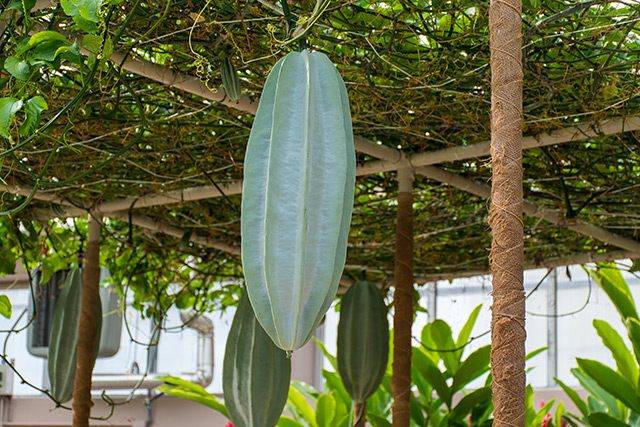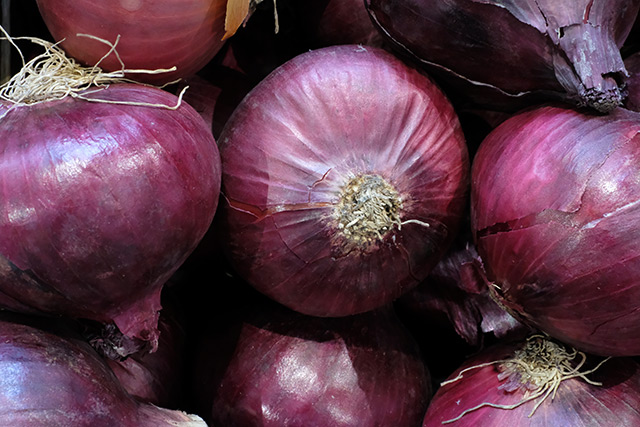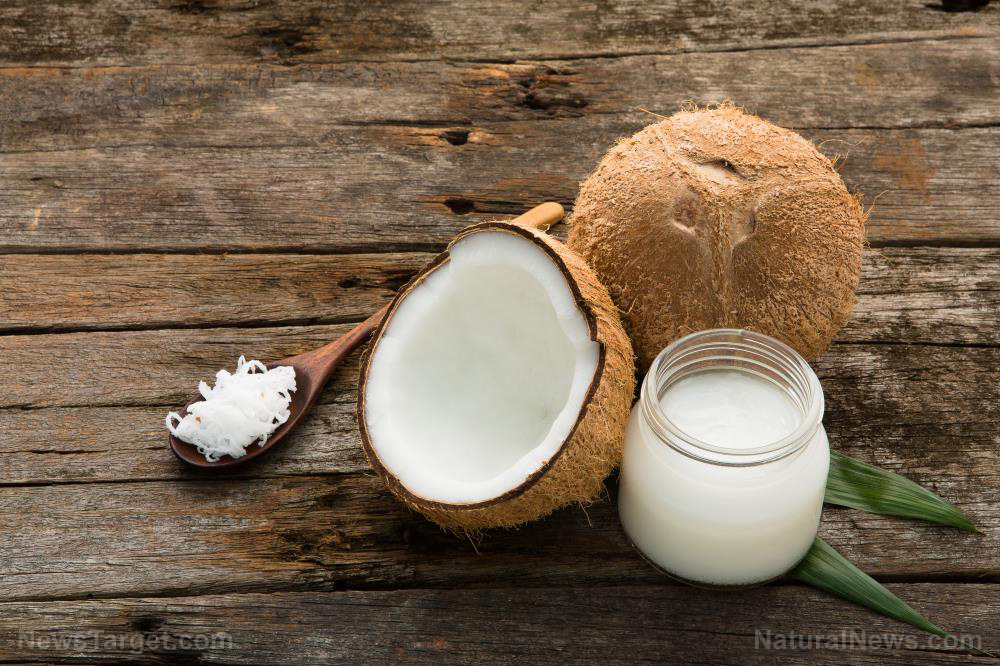10 Potassium-rich foods you need to include on your grocery list
10/31/2018 / By Rhonda Johansson

The World Health Organization (WHO) says that an average person needs around 3,510 mg of the potassium every day, whereas the National Health and Nutrition Examination Survey (NHANES) says that 4,700 mg is needed to experience optimum health. Regardless of the number, the typical American only consumes around 2,640 mg of potassium daily. This number is significantly lower than what is recommended.
Potassium is an essential macromineral and has been linked with the prevention of several diseases and illnesses. Furthermore, potassium protects against muscle loss and can counteract the negative effects of sodium. Those with cardiac-related problems are often prescribed a potassium-rich diet.
You can get your recommended daily dose of potassium and keep your heart healthy and your body thriving with these 10 superfoods!
- Avocado: This is the best superfood for potassium deficiency. Some people avoid the fruit because it contains high levels of fat. However, they contain the good kind of fat — the kind that promotes healing and is full of nutrients. Several studies prove the benefits of avocados, concluding that a healthy consumption of the fruit reduces the risk of metabolic disease. People who favor avocados were shown to generally have healthier diets as well as an increased nutrient intake.
- Acorn squash: This is an oft-forgotten and rarely mentioned vegetable. Acorn squash is an excellent source of potassium and has high levels of antioxidants. Of particular importance is the amount of carotenoids found in the vegetable. Carotenoids are associated with better cancer-fighting properties.
- Spinach: Follow in Popeye’s stead and eat as much spinach as you can. The superfood is low in calories but is incredibly nutrient-dense. Studies have lauded spinach for its anti-cancer properties
- Sweet potato: These contain more nutrients than your standard white potatoes. Sweet potatoes not only taste better but are rich in vitamin C, vitamin B6, and beta-carotene. There is even evidence that suggests that a diet filled sweet potato dishes helps with peptic ulcers.
- Wild salmon: The fish is known to contain the ever-popular omega-3 fatty acids. These fats have been found to alleviate the symptoms associated with depression, high blood pressure, joint pain, and certain skin ailments such as eczema, among others.
- Dried apricots: These as healthy snacks that can be found in most grocery stores. Nutritionists recommend this fruit as a great way to manage weight. It must be noted that this dried fruit contains more sugar than its fresh counterpart. This is to prolong its shelf life. As such, it should be consumed only in moderate amounts. A few pieces are enough to get the necessary daily dose of potassium.
- Pomegranate: This fruit is loaded with dietary fiber as well as vitamin K and vitamin C. On a lighter note, pomegranates are considered to be a delicious aphrodisiac. Scientists have found that a glass of the juice boosts sexual desire and can even raise mood and memory.
- Coconut water: If you prefer to drink your vitamins, coconut water is a good way to do that. Coconuts are superfoods because they contain lots of vitamins and minerals. Because they are rich in electrolytes, they can be used in emergency situations as an IV hydration fluid.
- White beans: Another good option for those on a diet. White beans contain superior amounts of soluble fiber, which is needed for diabetes and heart disease prevention.
- Banana: These balance water retention and help repair muscle. Nutritionists recommend eating a banana after an intense workout.
Your body runs on two electrolytes: sodium and potassium. It is a balancing act that has no end. It is crucial that you take enough of each to feel happier and healthier. A deficiency in potassium can lead to muscle cramps, weight gain, fatigue, irritability, heart palpitations, and abnormal psychological behavior such as confusion and hallucinations.
Sources:
Tagged Under: food cures, nutrients, nutrition, organics, potassium, supplements




